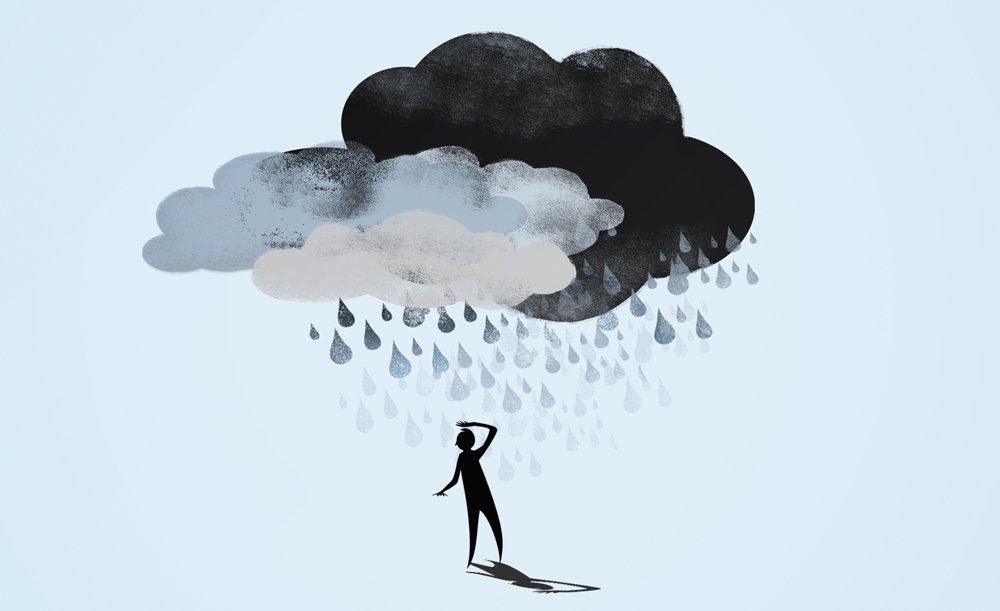Your Custom Text Here
Throughout my years as a practicing clinician, I have noticed that the word “depression” tends to have a negative connotation. Some people assume that an individual struggling with depression is somehow damaged or frail. However, I have found that adults and adolescents who suffer from depressive symptoms often have a deep cognitive and physiological connection to obstacles that are interfering with their personal growth. Using this insight can be a key component to unshackling individuals burdened from the constraints of depression in their daily lives.
How do I know whether I am depressed?
People suffering from depression often experience a loss of joy in their lives, might have trouble sleeping/eating, and tend to isolate from other people. This can severely and negatively affect an individual’s self-esteem and ability to concentrate at home, work, school, and within the community. Frequent thoughts of suicide are also a common symptom and should be monitored closely by a mental health professional. For youth, depression can often manifest as irritability, anger, academic problems, and/or reckless behavior.
How can I combat these feelings of depression?
When dealing with depression, it is very important to differentiate the person from the problem. Just because you are experiencing depressive symptoms does not mean depression defines who you are. Imagine depression as an unwelcomed houseguest who constantly interferes with your daily routine. You don’t choose to have this houseguest over for a visit, but you’re stuck with them for the time being. Creating an individualized treatment plan in therapy using a CBT approach can help alter your negative thought pattern, increase your social support network, and locate an exit door for this unwanted houseguest (i.e. depression). In addition, therapy can prepare you for if/when this unwanted houseguest decides to drop by for another visit.

